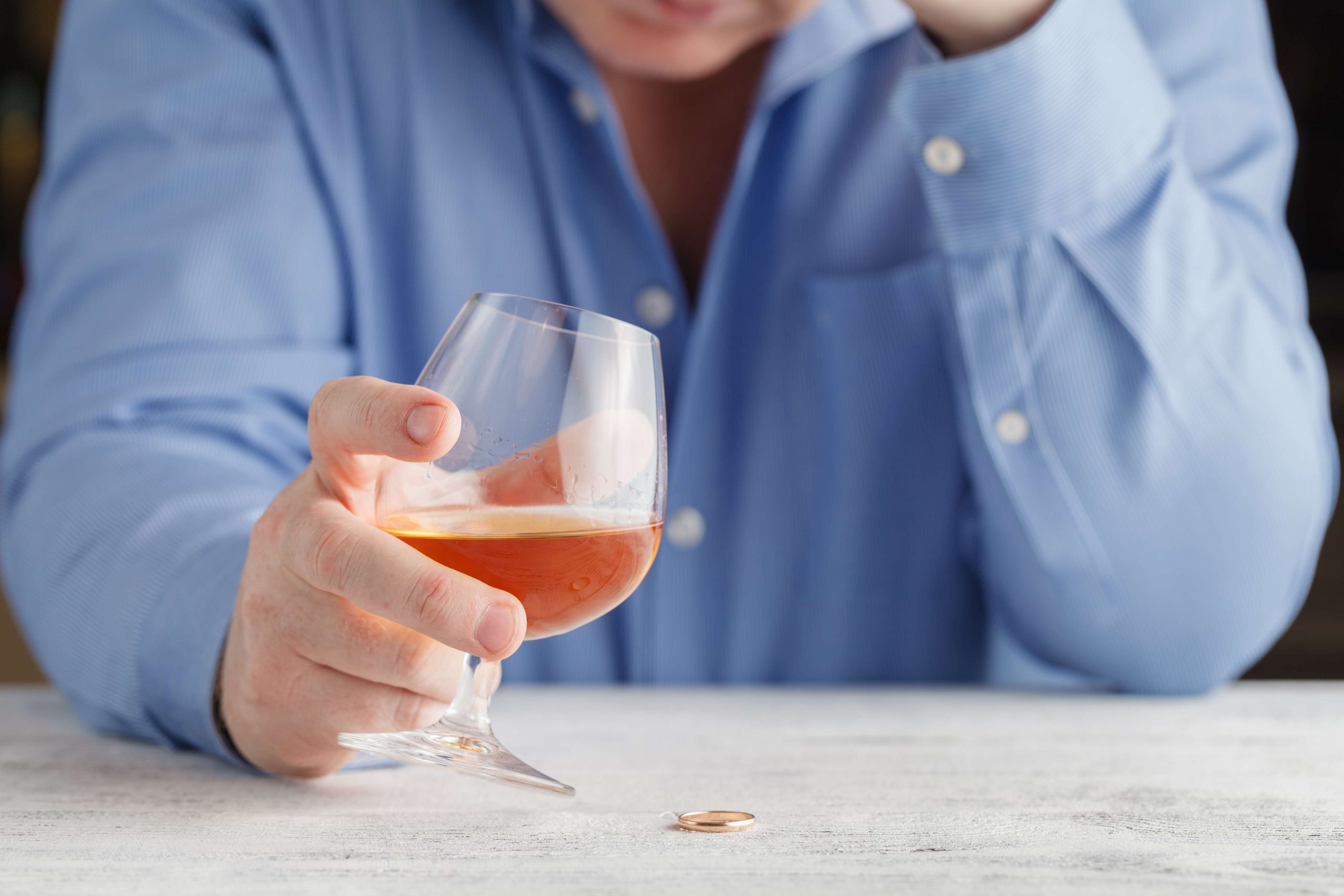The consequences of quitting alcohol cold turkey can be serious and lead to alcohol withdrawal syndrome, which can be fatal in severe cases. When an individual has developed a substance use disorder or dependence on alcohol, stopping its use outright can seem virtually impossible. On top of this, quitting immediately — or “cold turkey” as many users and professionals call it — can be dangerous. Withdrawal symptoms are generally uncomfortable to deal with, but they can be fatal. To avoid or reduce the impact of the withdrawal symptoms, people struggling with alcohol may choose to progressively taper off alcohol rather than quit abruptly. Many people with alcohol use disorder struggle with dehydration and nausea during withdrawal.

Is There a Difference Between a Slip and a Relapse?
It’s crucial to note that the use of medications for alcohol withdrawal should be closely monitored by healthcare professionals to ensure safety and effectiveness. These medications should be prescribed based on an individual’s specific needs and medical history. Medications can be used to assist individuals in reducing or stopping alcohol consumption and managing withdrawal symptoms. These medications are often combined with psychosocial support for more effective treatment. Some commonly prescribed medications for alcohol withdrawal include Naltrexone, Acamprosate, and Disulfiram.
Tapering and Alcohol Withdrawal Symptoms
Here’s how to wean off alcohol—including useful strategies, how to create a tapering schedule, and how to stay safe throughout the process. Reducing alcohol intake can have significant positive effects on mental health. As you reduce your alcohol consumption, you may notice improvements in mood, anxiety, and overall mental well-being. However, the initial stages of tapering can also bring emotional challenges, as your body and mind adjust to lower levels of alcohol.

How To Wean Off Alcohol Safely and Effectively

If you answer “yes” to four to five questions, your symptoms align with moderate AUD. If you answer http://www.f-mx.ru/inostrannye_yazyki.html “yes” to six or more questions, your symptoms align with severe AUD. Consult with a licensed mental health professional to further explore AUD. Discover how long depression lasts after quitting alcohol and find effective strategies for recovery.
Reach out for support

They offer resources such as informational materials, treatment locators, and helpline services to assist individuals throughout their journey. Gradually reducing the http://s-i-p.ru/intimate-assault-is-close-to-common-on-anthology.html amount of alcohol consumed is a fundamental strategy for safely weaning off alcohol. This can be achieved by gradually decreasing the number of drinks consumed per day or week. For example, one can start by drinking one less drink each day or by limiting alcohol consumption to specific days of the week, such as weekends. Severe alcohol withdrawal symptoms can manifest as delirium tremens (DT), a potentially dangerous condition that requires immediate medical attention. Delirium tremens is characterized by symptoms such as rapid heartbeat, high blood pressure, fever, and confusion.
Is it Better to Taper Off Alcohol or Quit “Cold Turkey?”

However, it is important to consult with a healthcare provider before starting any medication-based treatment. Whatever method you use to taper down, https://food.biz.ua/view.php?id=8624&page=&cat=2&subcat=40&subsubcat=0 your plan should also be approved and monitored by a healthcare profession to ensure your safety. Working with a physician on the Monument platform can help determine what timeline will work for you based on your past drinking habits and risk of withdrawal. Whatever schedule is chosen, it’s important to commit so you can build upon your progress and avoid withdrawal symptoms as much as possible. Gradual reduction strategies include slowly decreasing the amount of alcohol consumed over time and extending the time between drinks. Both methods allow the body to adjust gradually and reduce overall alcohol intake.
- Discover what happens when you get your stomach pumped, from risks to recovery and everything in between.
- Weaning off alcohol can benefit people who drink moderately or have support systems.
- Your risk of certain diseases decreases, you will begin sleeping better, and your overall health can significantly benefit.
- You should always seek medical advice before attempting any kind of alcohol withdrawal.
- There are many support options available that can help guide you through alcohol withdrawal, as well as abstaining from alcohol after withdrawal.
- This excess glutamate triggers alcohol withdrawal symptoms, which can sometimes be dangerous.
- It’s crucial to note that the use of medications for alcohol withdrawal should be closely monitored by healthcare professionals to ensure safety and effectiveness.
- Additionally, getting enough rest and sleep is important for allowing your body to heal and rejuvenate.
- Metaphorically speaking, do you like to dip your toe in first, or cannonball right in?
- If you’re living with alcohol use disorder (also known as alcoholism), you’ll likely benefit from additional medical interventions.
- Satisfying hobbies can distract you from wanting to drink, but they also help you relax — something everyone needs to do.
If you tend to drink too much whenever there is any alcohol in the house, get rid of it altogether, the NIAAA recommends. Remind yourself of why you want to cut back, talk to a friend about it and distract yourself with a hobby or exercise, the NIAAA suggests. Food can absorb the alcohol in beverages, so eating before or even while you drink can dampen the effect and may make you want to drink less, says Crews. Discover how Lindsay Lohan became a changed woman through recovery, a comeback, and personal transformation. Learn to recognize the signs and take action to support their well-being.
Prompt treatment, even for mild symptoms, can help prevent the development of more severe withdrawal symptoms in subsequent episodes 6. Seeking support and utilizing available resources can greatly benefit individuals who are weaning off alcohol. The National Institute on Alcohol Abuse and Alcoholism (NIAAA) provides valuable guidance and support for individuals looking to reduce their alcohol consumption safely.